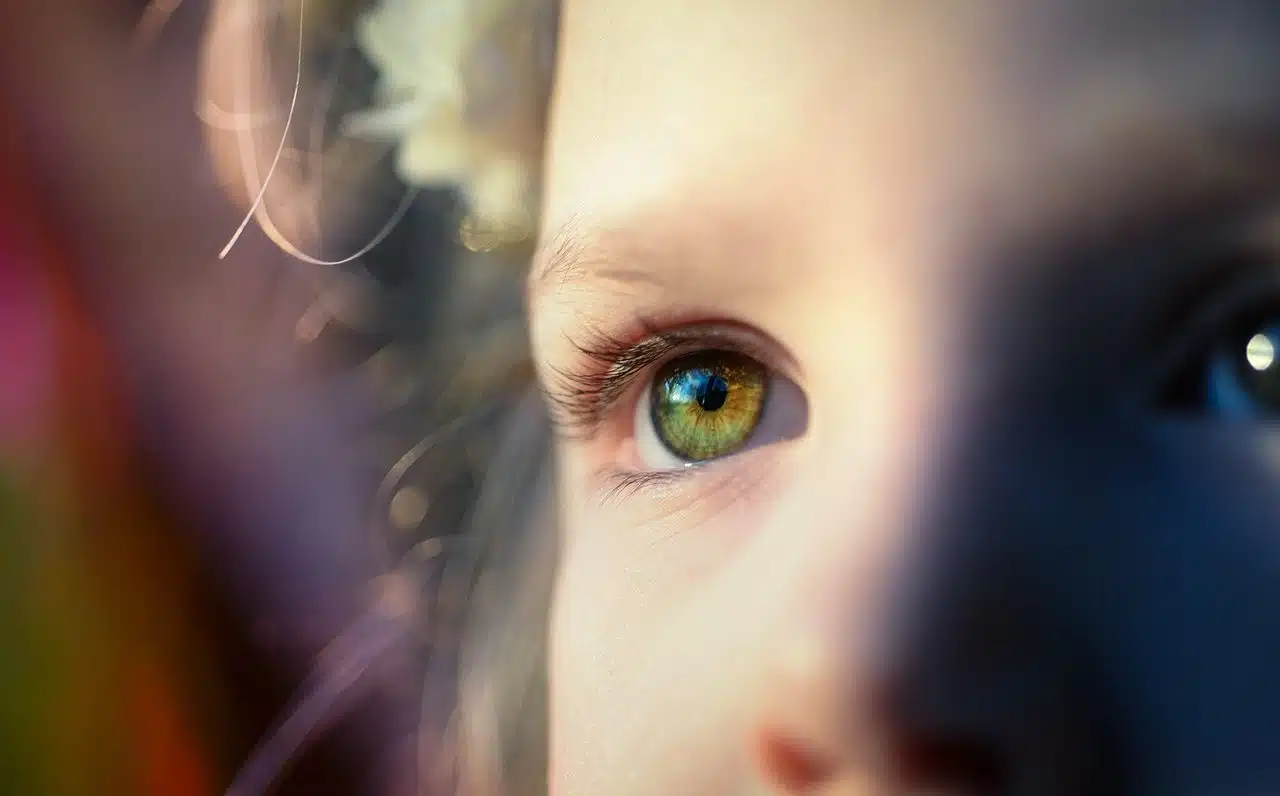
In psychology, accommodation refers to an adaptation of cognitive structures.
Accommodation is a term that can be used in different ways. Its meaning refers to the process and result of accommodating : locating something in such a way that it can adapt or adjust to something else.
Accommodation can refer to the process of placing objects in a certain environment . For example: “Arranging the furniture took me all afternoon,” “We have to think about how we are going to arrange the new machines.”
Accommodation is also known as something that is carried out so that someone or something can adapt to the environment and establish itself, whether temporarily or permanently: “Please take care of the accommodation of visitors,” “The State has the “moral obligation to accommodate immigrants who arrive persecuted from their countries.”
Accommodation according to psychology
In the field of psychology , accommodation is a mechanism that allows an individual to change their cognitive structures to incorporate new knowledge. This process, detailed by Jean Piaget , can involve both the change of a scheme that already existed and the development of a different scheme that allows the incorporation of the new stimulus.
Piaget was an acclaimed psychologist from Switzerland who achieved great relevance thanks to the studies he carried out on intelligence, cognitive development and childhood. His observations and conclusions are very important for the current training of future psychologists, and also for research. With respect to accommodation, which can also appear under the name adjustment , it is one of the two fundamental learning processes of human beings, along with assimilation .
When a child is faced with a new stimulus, it is normal for him or her to try to add it to his or her own schemes. Of course, this is not possible in all cases, since sometimes there is no adequate scheme for such integration. Through accommodation, the brain can create or modify some of the existing ones to complete the process successfully.
By either of these two paths, creation or modification, a change in cognitive structures occurs . It is then that the child can try again to assimilate the stimulus, now with the most favorable schemes. This is, in simpler words, the path of experience that we all go through during our lives.

Accommodation is a process that allows the sense of sight to optimize focus.
The concept linked to sight
The idea of accommodation, on the other hand, appears in the field of the sense of sight . Accommodation is what the lens does when it increases its refractive power to focus on objects located at a short distance. The eye, in relaxation, is prepared to focus on what is located at a long distance. Through accommodation, the lens adapts by increasing refractive power.
In the case of vertebrate animals, a group in which we find ourselves, this increase in power is achieved through two different ways: in some cases the ciliary muscle (which is located inside the eye , attached to the eye) contracts. crystalline , and has a ring appearance), which increases the curvature and thickness; On the other hand, a movement of the lens can also occur (this is what happens in fish eyes).
It is worth mentioning that it is not always possible to achieve a perfect adjustment of the image, since there are certain limits, beyond which a loss of sharpness always occurs (the image goes out of focus ), which is why objects are perceived differently. "blurred" form. The shortest distance at which it is possible to see an object with perfect accommodation, without distortions, is known as the near point .
